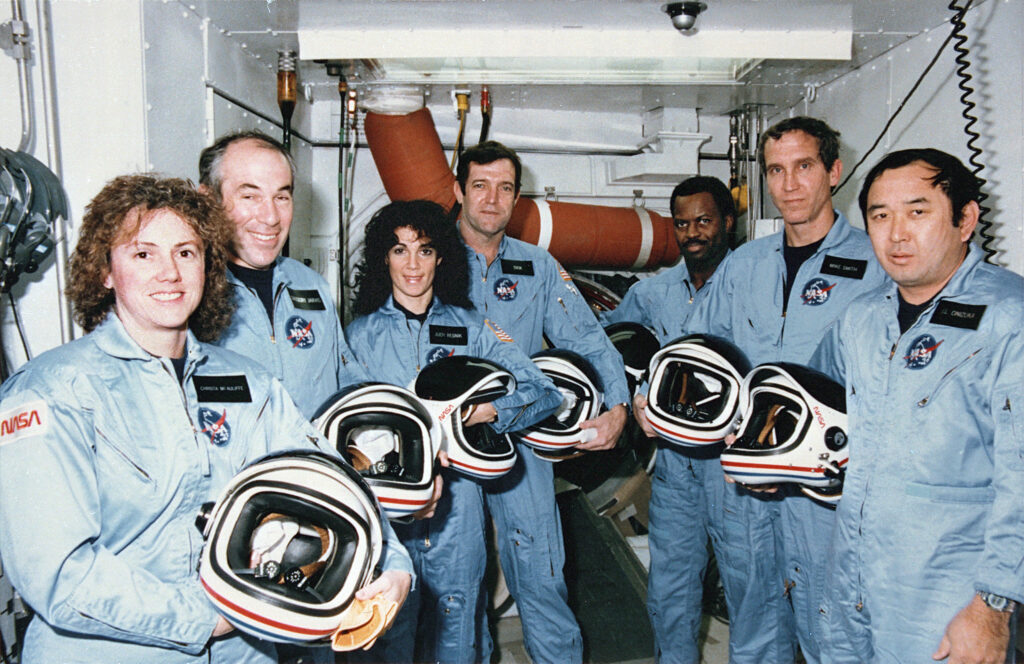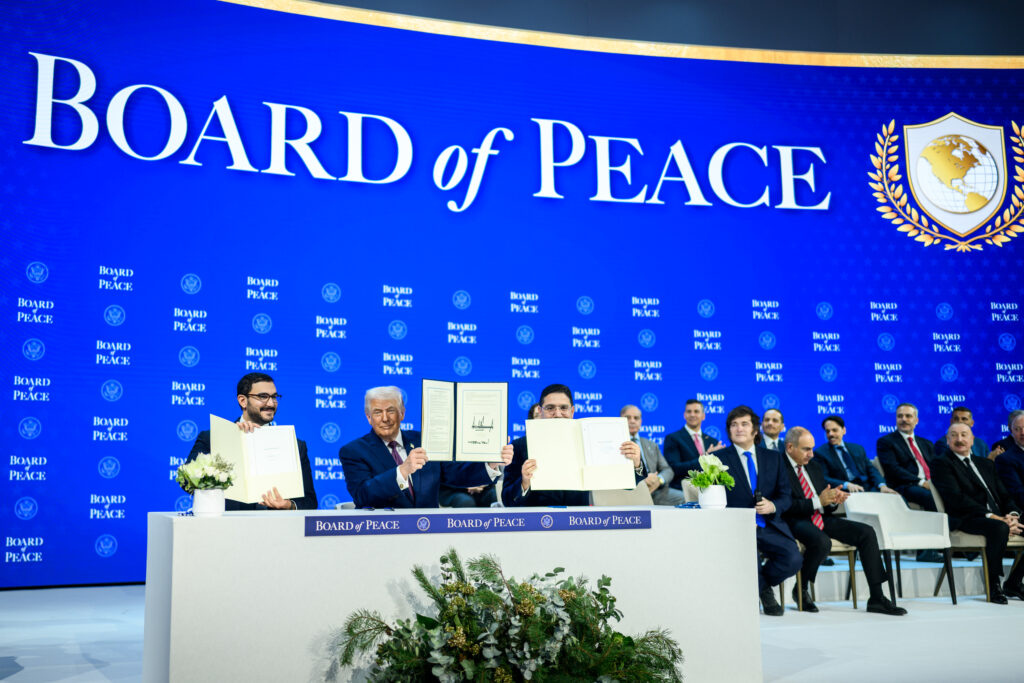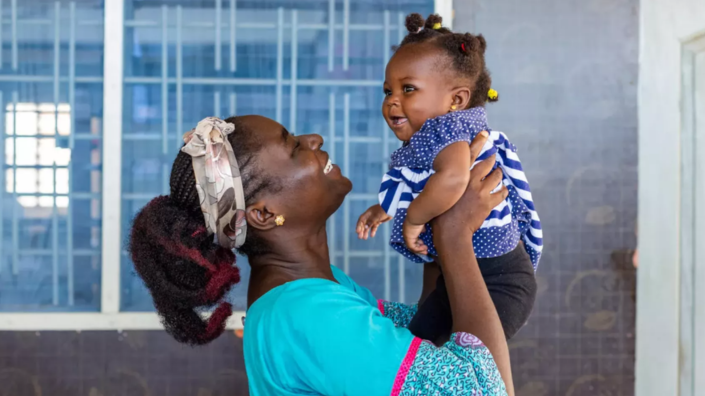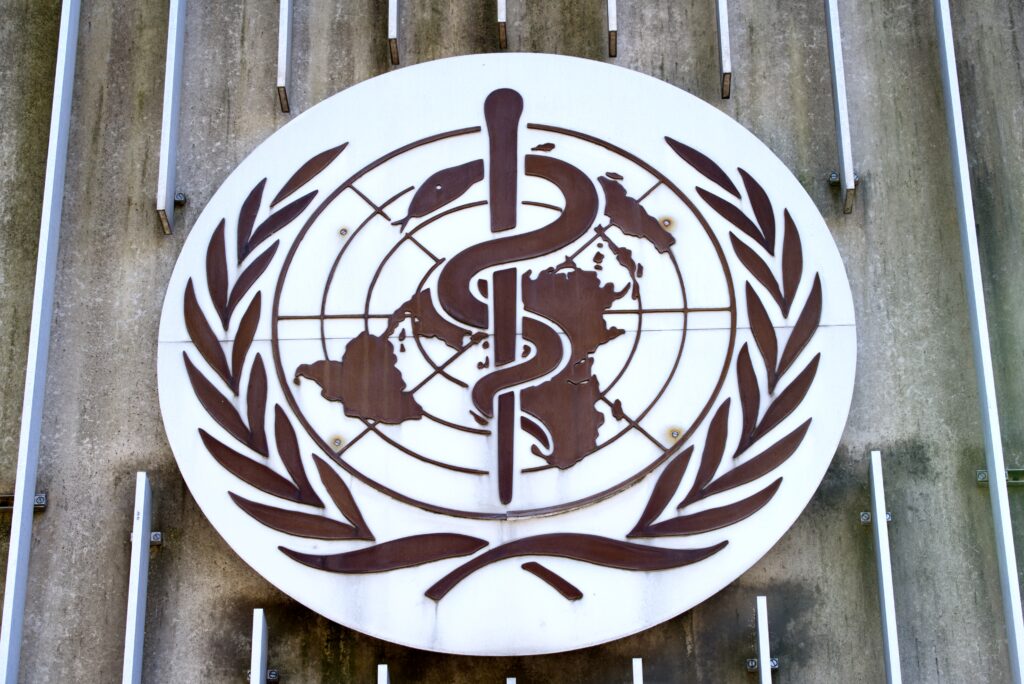President Trump’s address to the 80th session of the UN General Assembly was filled with sharp critiques of the institution – charging that it wastes money, fuels migration and fails to deliver results. But listen closely and a more complex story emerges. Between the lines, his words underscore why the United States and the UN are stronger together – containing conflict, managing migration, fighting trafficking and stopping the flow of drugs.
Here are a few key takeaways from his remarks, with context from our very own experts.
Migration
“The UN is supporting people that are illegally coming into the United States… The UN is supposed to stop invasions, not create them.”
President Donald J. Trump, 80th UN General Assembly
Sovereignty is a core principle of the UN, and U.S. law prohibits any UN agency, including the International Organization for Migration (IOM), from encouraging illegal migration. IOM complies fully.
IOM helps curb unsafe and unlawful migration in concrete, lifesaving ways. Its public campaigns warn families about the deadly risks of routes like the Darién Gap, discouraging dangerous journeys before they begin. It has helped more than 4 million Venezuelans secure legal status across South America and the Caribbean, easing the strain on the U.S. border. At the same time, it works with governments to strengthen border management and expand legal migration pathways, offering alternatives to chaos. And by collecting and sharing migration data across the hemisphere, IOM equips policymakers with the foresight and tools they need to respond effectively.
Closer to Home
By helping migrants settle legally in Latin America, IOM reduces the numbers arriving at the U.S. border, easing pressure on communities in Arizona, Texas and California. In Haiti, IOM provides emergency aid that prevents desperate families from attempting the dangerous sea crossings that routinely wash up on Florida shores.
Bottom Line
IOM reduces irregular migration, saves lives and strengthens borders – making America safer.
Human Trafficking
“Any system that results in the mass trafficking of children is inherently evil.”
Pres. Trump
He’s right – trafficking is evil. That’s why, under President Trump’s first term, U.S. contributions to the UN Voluntary Fund for Victims of Torture (UNVFVT) actually rose 22%. That support helped nearly 200 NGOs worldwide – many of them U.S.-based – deliver trauma counseling, medical care and legal aid to survivors. Because trafficking is a global crime, it takes global coordination to disrupt networks. The UN Office on Drugs and Crime (UNODC) helps countries break up trafficking syndicates and reunite families.
Closer to Home
U.S. cities from Minneapolis to Houston rely on UNODC and UNVFVT-supported resources to serve survivors who have fled trafficking or torture. Without this money – and with U.S. contributions now frozen – American NGOs will be forced to turn people away, leaving trauma untreated and communities less safe.
Bottom Line
The UN – through UNODC and the Torture Victims Fund – delivers solutions. Without U.S. payments, those solutions collapse.
Climate & Environment
“Europe reduced its own carbon footprint by 37%… however, it’s been totally wiped out by a global increase of 54%, much of it coming from China.”
Pres. Trump
The President’s frustration here is valid – national sacrifices mean little if other major emitters don’t step up. But that is precisely why the UN’s climate system exists: to set common rules, monitor compliance and hold nations like China accountable.
Closer to Home
UN standards protect American coastlines and jobs. The International Maritime Organization (IMO) enforces agreements like MARPOL and SOLAS rules – which applies to U.S. ports – that limit pollution from ships, keep our waters clean and ensure cruise and cargo vessels operate safely and don’t dump waste in our harbors. Those rules are the reason beaches in Florida, South Carolina and Hawaii remain tourism-worthy destinations – sustaining local economies that rake in billions. UN early warning systems run by UNESCO – which the U.S. just announced it would withdraw from – also help U.S. communities prepare for tsunamis (like last month’s big scare), hurricanes, wildfires and droughts, saving lives and property.
Bottom Line
Climate and environmental safeguards are borderless problems. Without multilateral action, national efforts are undercut. And without U.S. leadership in UN frameworks like the IMO, Paris Agreement and UNESCO, our coastlines, tourism economy and jobs are left unprotected.
Drugs & Organized Crime
“Such organizations [cartels and gangs] torture, maim, mutilate and murder with impunity. They’re the enemies of all humanity.”
Pres. Trump
Again, we agree: drug cartels are a scourge on humanity – and again, the UN Office on Drugs and Crime (UNODC) is the world’s front line in the fight. Working shoulder to shoulder with the U.S., it provides information to countries so they can intercept traffickers at sea, disrupting the same “water drug routes” Trump described. It produces the World Drug Report, the gold standard for tracking global flows and exposes cartels’ reach. And it helps farmers transition from illicit crops to legal livelihoods, cutting off the cartels’ supply at its root.
Closer to Home
UNODC partnerships directly protect Americans. In the Caribbean, joint operations with the U.S. Coast Guard stop cocaine shipments before they reach Miami or New Orleans, while UN-backed opioid programs help states like Ohio and West Virginia respond to the fentanyl epidemic devastating communities.
Bottom Line
The UN is where nations coordinate the fight against drugs – and U.S. leadership helps makes it work. But only if we provide our fair share.
Conflict & Peacekeeping
“We’ve got to come together. We have to negotiate peace.”
Pres. Trump
Even while taking the UN to task, the President acknowledged the truth at the heart of its mission: peace requires nations to “come together.” That is what UN peacekeeping does every day. Research shows UN peacekeeping reduces violence, prevents wars from recurring and protects civilians at one-eighth the cost of traditional U.S. troop deployment.
Closer to Home
UN peacekeeping saves U.S. money and lives, which is why recent Administration directed cuts of over $600 million are counterproductive. By stabilizing places like Congo, Kosovo or Kashmir, it lowers the chance U.S. troops face costly wars.
Bottom Line
Ending wars requires sustained monitoring and stabilization. That’s exactly what the UN is built to do at a fraction of the cost of U.S. boots on the ground.
“100 Percent”
The President came to the UN with pointed critiques. Yet listen closely and his own words remind us that peace requires nations to “come together”; migration must be managed, not ignored; human trafficking is “inherently evil”; drug cartels are “enemies of humanity.”
Those are not arguments against the UN; they are arguments for it.
As he told the Secretary-General upon leaving the General Assembly: “Our country is behind the United Nations 100 percent.”
Now let’s match that sentiment with resources.
“Our country is behind the United Nations 100 percent.”
President Donald J. Trump, 80th UN General Assembly




